As part of Sadiq Khan’s plans to improve pollution 50 ‘air quality audits’ for primary schools in the worst polluted areas in London have taken place to identify hard-hitting measures to protect the children from toxic air.
During the Easter break Meristem installed Green Screens at Prior Weston Primary School in the City of London, this was the 1st school to be audited. This project was successfully funded by City of London's City Air Project and the construction company Taylor Wimpey.
We planted 40 ivy screens (1.2mx1.8m) along the fence of the playground, the planters were built on site from sleepers and lined with a membrane, creating vast amount of seating.
The screen covered a total of 46m and a height of 2m which has refreshed the school playground, bringing green to a grey space.
The second school we completed during the Easter Break was St Peter’s Eaton Square C. of E. Primary School located in an area of London that has high levels of air pollution from the volume of traffic in and around Victoria mainline station and Victoria National Bus station.
The project was funded by the Mayor’s Greener City Fund and Grosvenor Estates.
We planted a series of ivy screens 2.3m high in 7 custom made planters along the rear wall between the busy road and the playground. Rosemary, mint, thyme and sage were planted at the base of the ivy screens. 5 olive trees were also planted with vinca minor and grasses, with a bench between 2 of them to create more seating.
The school also hopes to incorporate the green screen and planting into the children’s basic education about caring for the planet, including learning about the herbs and how to care for the all the plants. The school said they "want the children to become the adults who can help reduce the harmful impact of climate change and create a better London and world”.
Air Quality Benefits:
A recent study by the GLA and Defra at a school in Kensington showed:
‘The ivy screen led to a decrease in the pollution concentrations on the playground side of the screen by up to 36% and 41% for NO2 and PM10, respectively’.
The living ivy wall also increases biodiversity as it attracts insects, bees, butterflies and birds. Ivy screens help to reduce noise pollution, acting as a vegetative acoustic barrier. Offering an attractive, aesthetic alternative to walls and fencing, turning grey spaces to green.
Little maintenance is required with drip line irrigation installed to help the ivy thrive and only yearly pruning needed.
If you have a school or building in a polluted area that can benefit from our green screens then contact us.
The mayor made the announcemnt in September 2017 as he met pupils from Prior Weston Primary School in Islington. Source: BBC






















